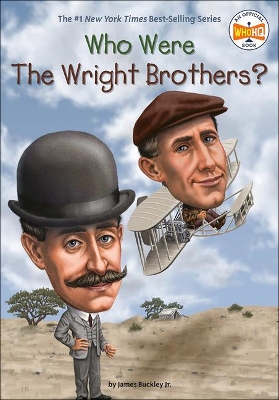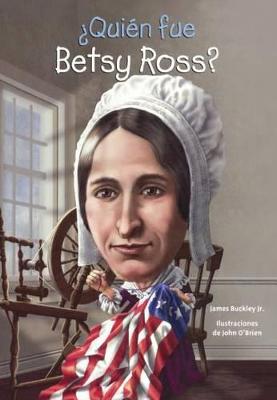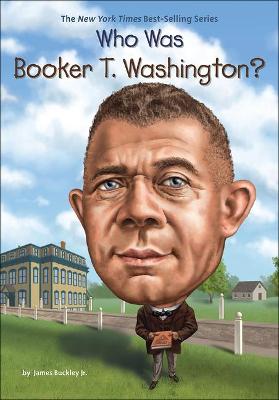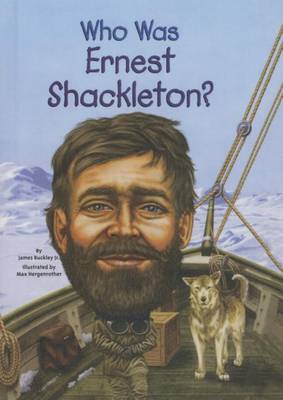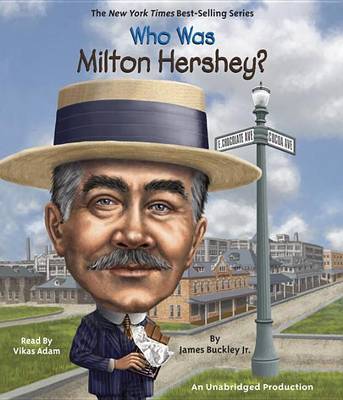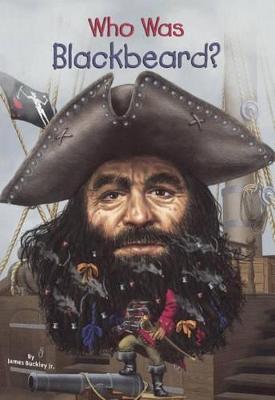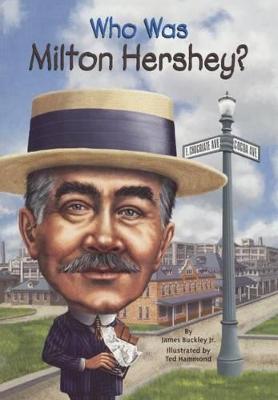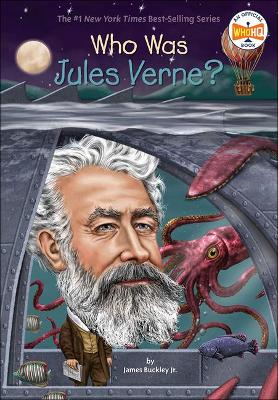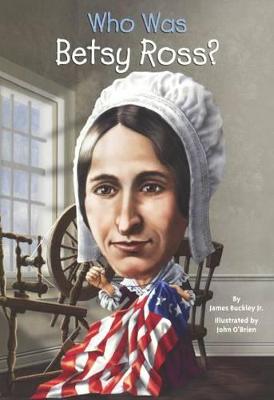Who Was...?
15 total works
Born the eighth of seventeen children in Philadelphia, Betsy Ross lived in a time when the American colonies were yearning for independence from British rule. Ross worked as a seamstress and was eager to contribute to the cause, making tents and repairing uniforms when the colonies declared war. By 1779 she was filling cartridges for the Continental Army. Did she sew the first flag? That's up for debate, but "Who Was Betsy Ross?" tells the story of a fierce patriot who certainly helped create the flag of a new nation.
African American educator, author, speaker, and advisor to presidents of the United States, Booker Taliaferro Washington was the leading voice of former slaves and their descendants during the late 1800s. As part of the last generation of leaders born into slavery, Booker believed that blacks could better progress in society through education and entrepreneurship, rather than trying to directly challenge the Jim Crow segregation. After hearing the Emancipation Proclamation and realizing he was free, young Booker decided to make learning his life. He taught himself to read and write, pursued a formal education, and went on to found the Tuskegee Institute--a black school in Alabama--with the goal of building the community's economic strength and pride. The institute still exists and is home to famous alumnae like scientist George Washington Carver.
Traces the life and accomplishments of the professional baseball player, from his heroics on the field to his humanitarian efforts and his untimely death.
Born in France in 1829, Jules Verne always dreamed of adventure. At age 11, he snuck onboard a ship headed for the Indies only to be discovered by his father and have his dreams dashed. After his father made him swear to only travel "in his imagination," Verne kept his promise for the rest of his life. He began writing adventure stories as a young man and became a popular writer throughout France. Known for mixing scientific discovery and literature in his books like Twenty Thousand Leagues Under the Sea and Around the World in 80 Days, Verne is often called "The Father of Science Fiction."
